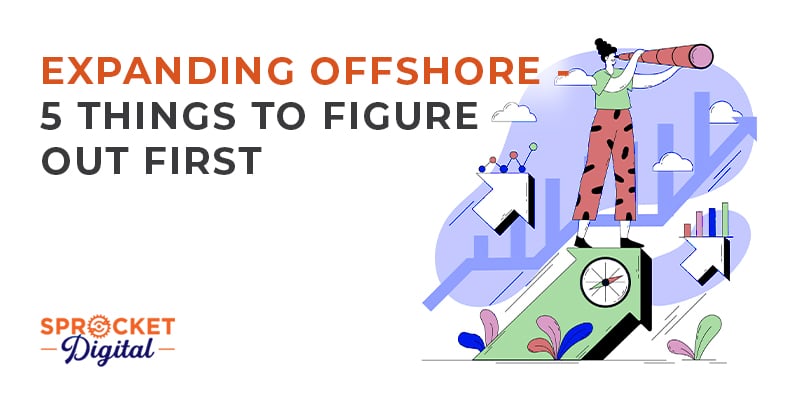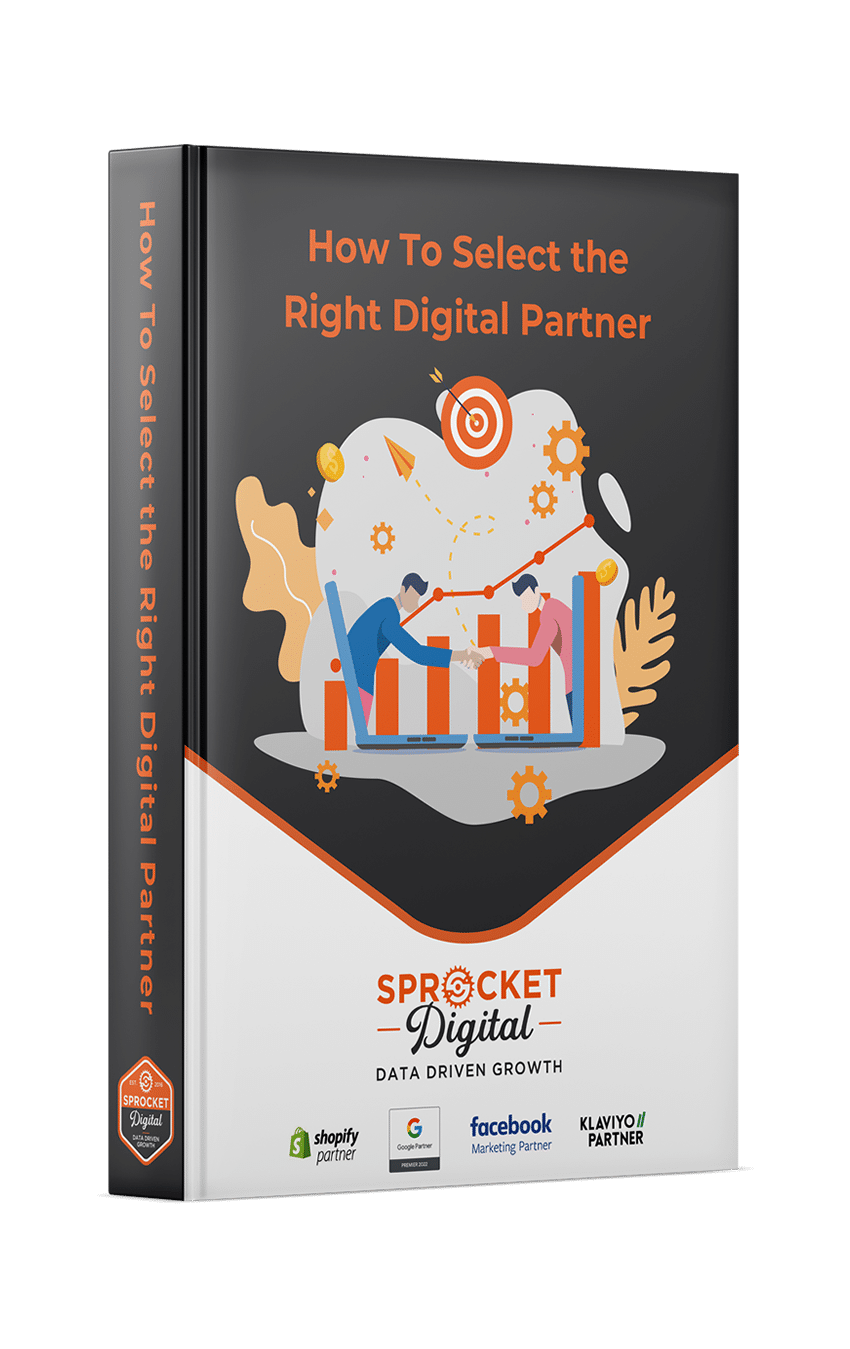5 Things To Figure Out Before Taking Your Business Overseas
So you’ve grown your business to a point where you’re looking elsewhere for expansion. The local market has been going well for you, but you’ve got your sights set abroad, on a new international audience.
In 2020 Australia became the biggest international destination for NZ products purchased online, revealing a huge opportunity for Kiwi businesses that are ready for Trans-Tasman growth.
It seems like it’s all there ready to take advantage of, so how hard can it be to set up sales in a new country?
To make a smooth transition and ensure continued revenue growth for your business, it’s all in the planning and preparation.
Here are the 5 things you need to figure out before expanding offshore.
1. Local market research
Even in countries that are culturally similar, there will be differences in the local market that affect how your business performs.
Is there already a company doing what you do? How will you differentiate yourself? How will you make your international status appeal over a local competitor? Where is there a gap in the market, or a customer demand that’s not being met?
By being an international supplier, you’ll automatically have a couple of things counting against you: your products will likely face an import tax or duties, which will need to be worked into your pricing strategy, shipping timelines may make it harder to compete with local suppliers, and returns are more difficult for customers.
Before you start selling abroad, you’ll need to figure out your place in the local market of the country you’re launching into, what your unique selling proposition is, and how you will account for the added costs and timeline of international deliveries / returns.
2. Shipping options & returns
One of the biggest frustrations for online shoppers is shipping delays or errors. You’ll need to research your shipping options to ensure you’re choosing a company with a good track record for delivery and reliable customer service.
When it comes to returns, how easy or difficult will it be for your customer to return a faulty item? What policies will you have in place for free or discounted returns?
In order to set reasonable expectations and provide a positive experience for shoppers, make clear on your website how long shipping will take and what options are available in case there is an issue with your product or it doesn’t arrive as predicted.
3. Local customer service
When things go wrong with our online orders, we want to be able to easily contact someone to fix the situation.
When you’re just serving people in your local country, it’s easier because you’re in the same time zone and (if you provide the option) you’re just a local phone call away. When you’re selling internationally, providing instant customer help can be a bit more tricky.
You might choose to offer email communication only, or a chatbot that can provide answers to several of the more common queries. On Facebook, you can set an automatic reply to let customers know that you’ll get back to them as soon as possible if they contact you outside of office hours.
A well fleshed-out FAQ page can also make life easier for both you and your customer, by allowing customers to find the answers they’re looking for without having to reach out and wait for a reply.
4. What’s your capacity to scale?
As your business grows with your new international audience, you may find that the extra workload takes you and your team beyond your operational capacity. Can your business adequately manage the growth you’re aiming for, or do you need to look at hiring and/or outsourcing?
What parts of your business could you outsource, so you can spend more time on managing operations, and what roles would be best to hire a new team member to handle?
Sprocket Digital works with hundreds of small and medium sized businesses to take care of their digital marketing so they can focus on what they do best. We are performance focused, delivering results, revenue, and leads, wherever you choose to sell your product.
5. Local targeted advertising
A fundamental tenet of digital advertising is understanding your audience so you can deliver the right message to the right people at the right time, and have a higher chance of persuading them to buy.
Your international audience won’t necessarily respond in the same way or have the same online behaviour that Kiwis do.
What slang or buzzwords are/aren’t important to this audience, what messaging will resonate with them, how do their needs differ from the home audience you’re used to?
A good digital marketing agency can help you to both understand your new audience and test your ads to create an optimised campaign for your new location.
Bonus: Work the NZ angle
New Zealand has a great reputation on the international stage, which was bolstered even more by our response to COVID in 2020.
Citizens around the world regard New Zealand as being clean, green, and natural. This is an angle that’s also been proven to work when marketing New Zealand products abroad. Last year, nearly a third of Kiwi retailers saw their revenue growth come from overseas - and that’s despite all the well-publicised delays in international shipping.
Global audiences want Kiwi products, it’s up to you to deliver it to them in the best way you can.




